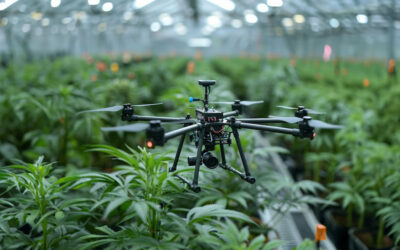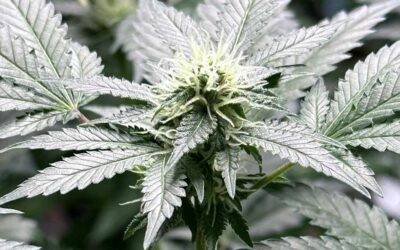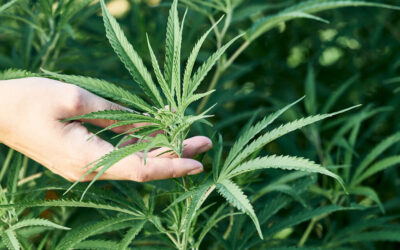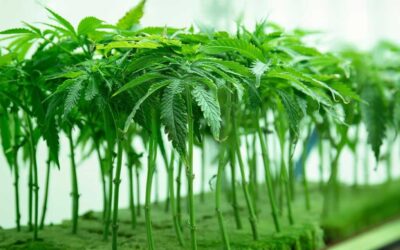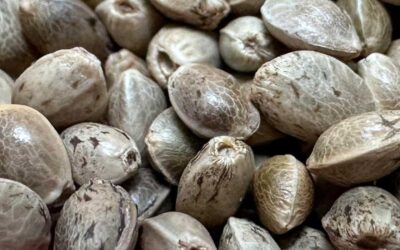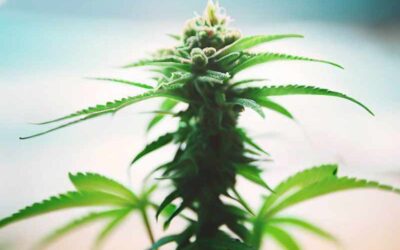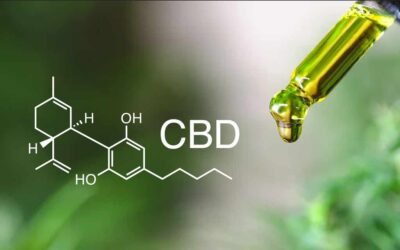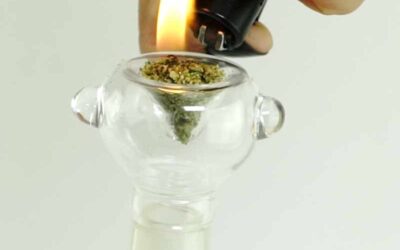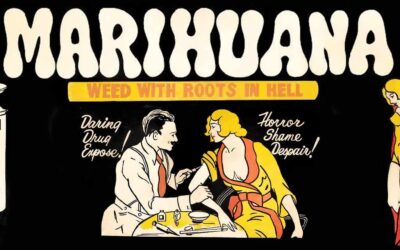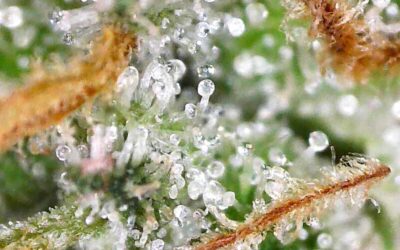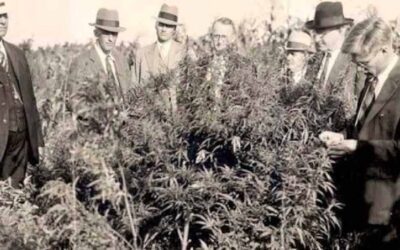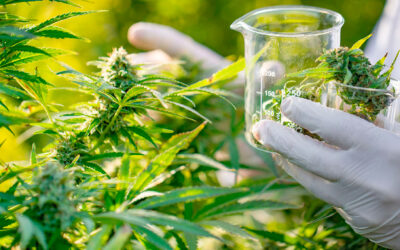
Cannabis and Veterans
Healing Trauma and Pain
For many veterans, transitioning back to civilian life presents a host of challenges, including managing physical injuries and coping with psychological trauma. However, traditional treatments often fall short of providing comprehensive relief. Recently, cannabis has emerged as a promising alternative, offering a multifaceted approach to healing both trauma and pain. Therefore, this blog post delves into how cannabis can support veterans in their journey toward recovery by focusing on its potential benefits, relevant research, and real-world applications.
Understanding the Challenges Veterans Face
Veterans frequently experience chronic pain and post-traumatic stress disorder (PTSD), conditions that can severely impact their quality of life. Specifically, chronic pain may result from injuries sustained during service, while PTSD arises from exposure to traumatic events. Consequently, these conditions are often intertwined, creating a complex landscape for treatment.
Chronic Pain: Veterans commonly suffer from musculoskeletal injuries, joint pain, and nerve damage. In this context, traditional pain management strategies include opioids, which carry risks of addiction and adverse side effects.
PTSD: On the other hand, PTSD is characterised by symptoms such as flashbacks, nightmares, severe anxiety, and uncontrollable thoughts about the traumatic event. Typically, standard treatments include psychotherapy and medications like antidepressants, which may not be effective for all individuals.
Cannabis as a Therapeutic Option
Cannabis contains various compounds, including cannabinoids like THC (tetrahydrocannabinol) and CBD (cannabidiol), which interact with the body’s endocannabinoid system to produce a range of therapeutic effects.
Pain Relief: Notably, both THC and CBD have analgesic properties. Specifically, THC interacts with CB1 receptors in the brain and nervous system to reduce pain perception, while CBD influences CB2 receptors, which play a crucial role in managing inflammation and immune response. Moreover, studies have shown that cannabis can be effective in reducing chronic pain, providing a safer alternative to opioids.
Managing PTSD Symptoms: Furthermore, cannabis can also alleviate symptoms of PTSD. For instance, THC may help reduce the severity of flashbacks and nightmares, while CBD has anxiolytic properties that can mitigate anxiety and improve sleep quality. Additionally, some veterans report that cannabis helps them feel more relaxed and less hypervigilant.
Research and Evidence
Research into the benefits of cannabis for veterans is ongoing; however, several studies and anecdotal reports suggest significant potential.
Pain Management: For example, a study published in the Journal of Pain found that cannabis use was associated with a 64% reduction in opioid use among chronic pain patients, highlighting its potential as a safer pain management option.
PTSD Symptom Relief: Moreover, research from the Multidisciplinary Association for Psychedelic Studies (MAPS) indicates that cannabis can reduce PTSD symptoms. In a study of veterans using cannabis, many participants reported a reduction in the frequency and intensity of nightmares, as well as an overall improvement in quality of life.
Neurological Benefits: Additionally, emerging research suggests that cannabis may promote neurogenesis, the growth of new brain cells, which could be beneficial for individuals with PTSD and traumatic brain injuries.
Real-World Applications and Testimonials
Many veterans have turned to cannabis as part of their healing journey, often with positive outcomes. Moreover, organizations like Veterans Cannabis Project and Weed for Warriors advocate for the therapeutic use of cannabis, sharing testimonials from veterans who have experienced significant improvements in their symptoms.
Pain Management: For instance, veterans with chronic pain report that cannabis allows them to reduce or eliminate their reliance on opioids, leading to fewer side effects and a better quality of life. Specifically, many veterans find that cannabis topicals help manage localized pain, while edibles and tinctures provide longer-lasting relief for widespread pain.
PTSD Treatment: Additionally, veterans using cannabis for PTSD often describe feeling more at ease and in control of their symptoms. Cannabis can help create a sense of calm, reducing hyperarousal and enabling better sleep. Consequently, this can improve overall mental health and daily functioning.
Challenges and Considerations
While cannabis shows promise, there are several challenges and considerations to keep in mind:
Legal Issues: First and foremost, the legal status of cannabis varies widely, making access difficult for some veterans. Although many states in the U.S. have legalized medical cannabis, it remains illegal at the federal level. Consequently, this complicates access for veterans who receive care through the Veterans Health Administration.
Quality and Safety: Moreover, ensuring the quality and safety of cannabis products is crucial. Therefore, veterans should seek products from reputable sources and consider consulting healthcare providers knowledgeable about cannabis.
Individual Response: Additionally, cannabis affects individuals differently, and finding the right strain and dosage can require experimentation. Hence, veterans should start with low doses and gradually adjust based on their response and needs.
Cannabis offers a promising alternative for veterans struggling with chronic pain and PTSD. Additionally, its potential to provide relief without the side effects associated with traditional treatments makes it an appealing option. Furthermore, as research continues to uncover the benefits of cannabis, it is essential to support policies that improve access and education for veterans. By embracing cannabis as a therapeutic tool, we can better support the brave men and women who have served our country, thereby helping them find peace and healing in their journey back to civilian life.






